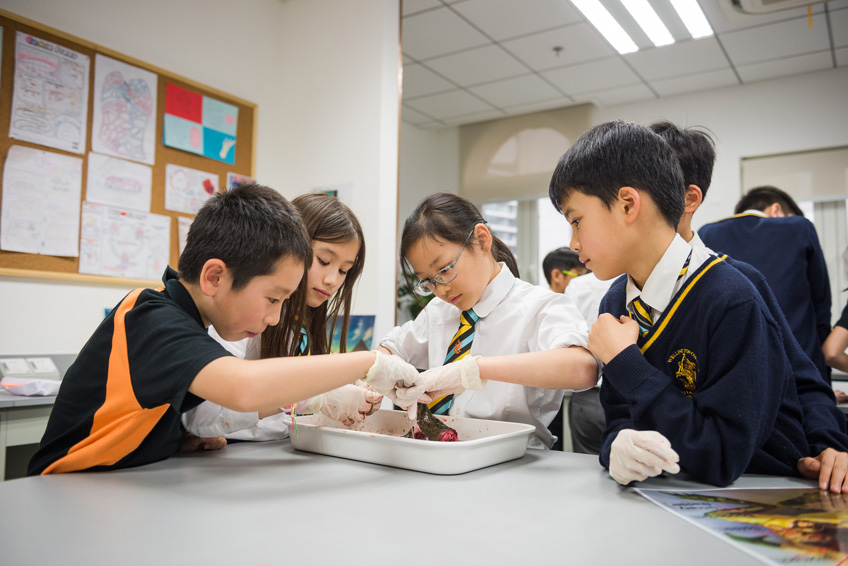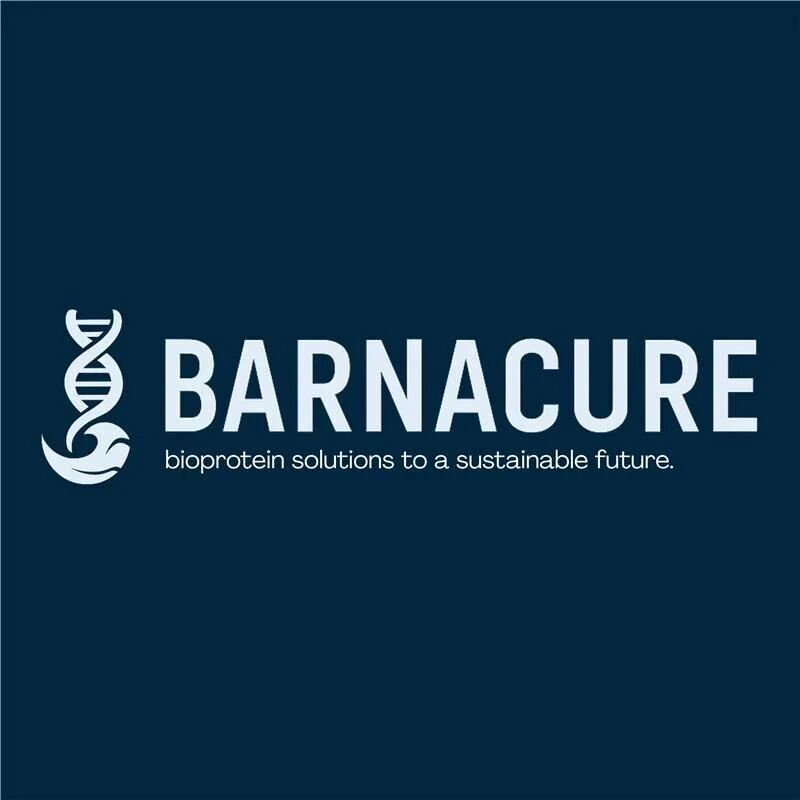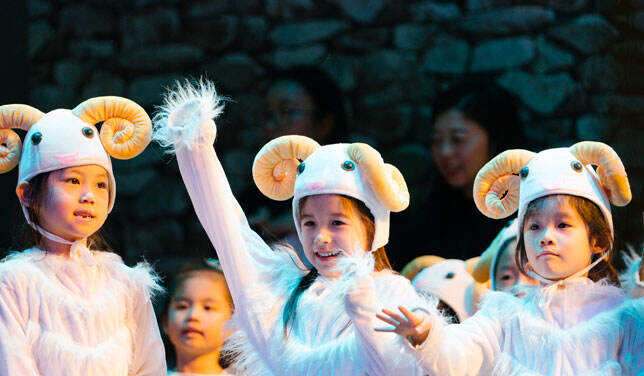Creating enthusiastic, curious and inquisitive scientists.
2017-02-23
 One of the many messages from the recent Festival of Education was “what is education in the twenty first century?” Should it be a system where by pupils are trained to pass exams or a more creative, skills based education that provides transferrable ‘soft skills’ which can be utilised in an everchanging world. I would like to think the latter, but exams are inevitable in our current systems of education. I, however, do not believe the two are mutually exclusive. I believe we can achieve exam success through designing a curriculum that embeds skills throughout the pupil’s time at school, and these skills will translate into exam results and success in later life.
Here at Wellington, pupils are educated in science throughout their school life and enter the laboratory in Year 5. I believe the early years in a child’s life are hugely important in developing scientific skills and thinking. A recent report stated that on average an eleven-year-old child will ask the question… why?.. more than three hundred times a week. Why not harness that inquisitive mind! In the first couple of years in science we need to develop scientific skills which enable the pupils to use their natural curiosity and inquisitiveness in a logical and reasoned way to understand the world. That is what we aim to achieve at Wellington: enthusiastic, curious, inquisitive scientists with a burning desire to understand more about the world around them.
To create enthusiastic, curious and inquisitive scientists we need a curriculum fit for purpose. The nature of the UK science curriculum is that it is designed to introduce pupils to models of the world and continuously develop these into more sophisticated ones in subsequent years. At Wellington we complement the acquisition of knowledge with a skills based curriculum, which demonstrates and teaches the nature of science to the pupils. In the first couple of years, we focus on the core skills a scientist needs such as hypothesising, planning, observation, data processing, analysing and concluding. This, in effect, means lots of fun practicals for the pupils whilst developing the “scientist’s toolkit”.
In subsequent years, pupils will encounter more content and models of science; however, the development of skills does not end here. An example of this would be would be in the teaching of Pasteur’s “germ theory” in Year 9. Rather than direct teaching, we can engage the pupils and develop their critical thinking skills by recreating Pasteur’s actual experiments; and, by making careful observations, deduce the same conclusion over a century later. This approach is far more powerful than direct teaching, as it focuses on the skills of a scientist.
When pupils enter the sixth form, we see how important the skills the pupils have developed are. The IB course is designed to develop inquirers, who can think for themselves, and are open minded, in line with the identities at Wellington of Independent and intellectual. In the sciences, pupils will engage with science in a deeper and more meaningful way by questioning knowledge itself. A core component of IB is theory of knowledge (TOK) which is designed to enhance critical and analytical thinking. Pupils will encounter TOK concepts throughout the curriculum such as “What extent does imagination play in the development of knowledge in the natural sciences” and the ideas of Karl Popper, on falsification and pseudoscience, and Thomas Kuhn, on paradigm shifts in scientific thinking. To this end we had some fantastic TOK presentations in the summer where one group of pupils developed and analysed the question “To what extent do morals help or hinder the acquisition of knowledge in the natural sciences”. During Year 13 pupils will also have to design, carry out, and write-up their own, novel investigation which will last several weeks. Without the previous years of skills development, the pupils would find this a huge task.
In conclusion (it is a science article after all) we have developed a science curriculum that looks at the skills pupils need, as well as knowledge. By having this curriculum from the start to the end of college, we can develop and refine skills over many years ensuring both exam success and an abundance of transferable skills for an ever changing global society.
Dr Charles Debieux
Head of Science and IB Theory of Knowledge Coordinator
One of the many messages from the recent Festival of Education was “what is education in the twenty first century?” Should it be a system where by pupils are trained to pass exams or a more creative, skills based education that provides transferrable ‘soft skills’ which can be utilised in an everchanging world. I would like to think the latter, but exams are inevitable in our current systems of education. I, however, do not believe the two are mutually exclusive. I believe we can achieve exam success through designing a curriculum that embeds skills throughout the pupil’s time at school, and these skills will translate into exam results and success in later life.
Here at Wellington, pupils are educated in science throughout their school life and enter the laboratory in Year 5. I believe the early years in a child’s life are hugely important in developing scientific skills and thinking. A recent report stated that on average an eleven-year-old child will ask the question… why?.. more than three hundred times a week. Why not harness that inquisitive mind! In the first couple of years in science we need to develop scientific skills which enable the pupils to use their natural curiosity and inquisitiveness in a logical and reasoned way to understand the world. That is what we aim to achieve at Wellington: enthusiastic, curious, inquisitive scientists with a burning desire to understand more about the world around them.
To create enthusiastic, curious and inquisitive scientists we need a curriculum fit for purpose. The nature of the UK science curriculum is that it is designed to introduce pupils to models of the world and continuously develop these into more sophisticated ones in subsequent years. At Wellington we complement the acquisition of knowledge with a skills based curriculum, which demonstrates and teaches the nature of science to the pupils. In the first couple of years, we focus on the core skills a scientist needs such as hypothesising, planning, observation, data processing, analysing and concluding. This, in effect, means lots of fun practicals for the pupils whilst developing the “scientist’s toolkit”.
In subsequent years, pupils will encounter more content and models of science; however, the development of skills does not end here. An example of this would be would be in the teaching of Pasteur’s “germ theory” in Year 9. Rather than direct teaching, we can engage the pupils and develop their critical thinking skills by recreating Pasteur’s actual experiments; and, by making careful observations, deduce the same conclusion over a century later. This approach is far more powerful than direct teaching, as it focuses on the skills of a scientist.
When pupils enter the sixth form, we see how important the skills the pupils have developed are. The IB course is designed to develop inquirers, who can think for themselves, and are open minded, in line with the identities at Wellington of Independent and intellectual. In the sciences, pupils will engage with science in a deeper and more meaningful way by questioning knowledge itself. A core component of IB is theory of knowledge (TOK) which is designed to enhance critical and analytical thinking. Pupils will encounter TOK concepts throughout the curriculum such as “What extent does imagination play in the development of knowledge in the natural sciences” and the ideas of Karl Popper, on falsification and pseudoscience, and Thomas Kuhn, on paradigm shifts in scientific thinking. To this end we had some fantastic TOK presentations in the summer where one group of pupils developed and analysed the question “To what extent do morals help or hinder the acquisition of knowledge in the natural sciences”. During Year 13 pupils will also have to design, carry out, and write-up their own, novel investigation which will last several weeks. Without the previous years of skills development, the pupils would find this a huge task.
In conclusion (it is a science article after all) we have developed a science curriculum that looks at the skills pupils need, as well as knowledge. By having this curriculum from the start to the end of college, we can develop and refine skills over many years ensuring both exam success and an abundance of transferable skills for an ever changing global society.
Dr Charles Debieux
Head of Science and IB Theory of Knowledge Coordinator 相关资讯

What is iGEM and our project, Barnacure?2025-10-09
iGEM Competition & Barnacure Team Members Team Illustration by Joanna, Year 11Article written Jing Jing, Year 11Primary Principal Investigator: Thomas Edwards, Head of Biology & Head of Science What
点击阅读

Be You. Be More. | Jay的艺术生长之路2025-12-03
从三四岁在纸上随意涂鸦,到如今在近两米高的画布上纵情挥洒颜料,12年级学生Jay的艺术之路,是一次伴随着思考、尝试与自我突破的成长过程。 点击观看惠灵顿艺术资优生Jay的故事小时候的涂鸦画作 十岁那年,Jay走进一家专业画室,第一次面对大幅画布时,他感受到前所未有的自由:“画布很大,能承载很多想象。” 从纸上的铅笔、圆珠笔,到画布上的丙烯颜料,材料的转变带来了表达的跃迁——调色、叠加、实验,绘画
点击阅读

TEDx Youth探索“未知水域”2025-02-19
上学期,我校学生通过一年一度的TEDxYouth演讲活动(由学生自主组织),向全体师生呈现了一场精彩绝伦的展示,充分展现了年轻人旺盛的好奇心、非凡的勇气以及不可估量的潜能。这次演讲以“未知水域”为主题,9至13年级的学生们纷纷登台,围绕多个引人深思的话题,满怀激情地分享了自己的见解、疑问和想法。 从探究手机对年轻人的影响,到深刻剖析司法、道德与政治领域的错综复杂性,这些年轻的演讲者凭借其敏锐的洞
点击阅读










